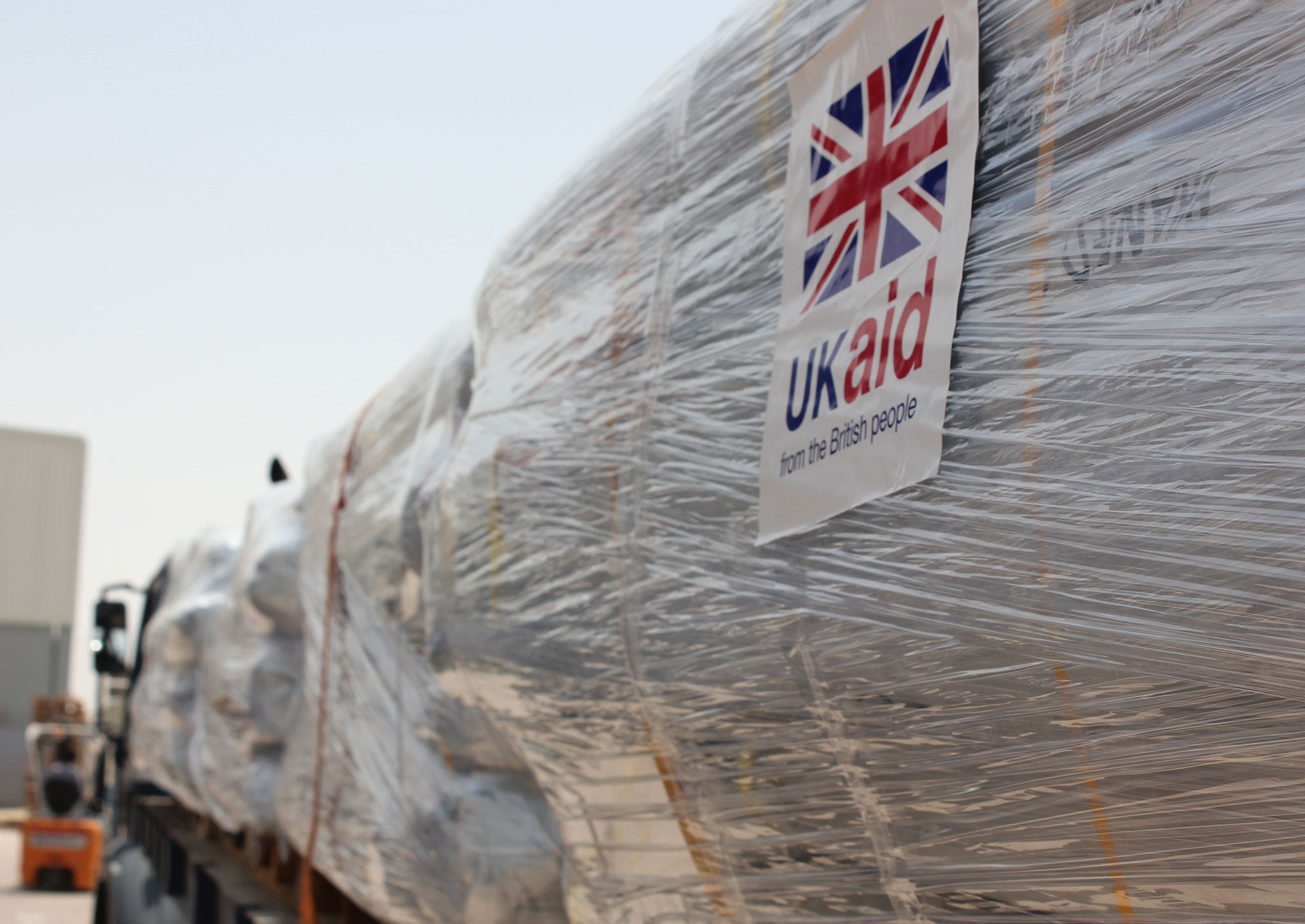If you had the opportunity to save people's lives around the world, wouldn't you take it?
We now have a chance to guarantee the UK's commitment to overseas aid

One way or another in my life, I have seen the best and worst of what people can do to one another. And the experience has taught me that one must seize any opportunity to encourage our collective capacity for compassion. That’s why I am so proud of my Lib Dem colleague Michael Moore MP’s attempts to enshrine Britain’s 0.7% aid target in to law in a Private Members’ Bill this Friday.
Symbols of British power are not universally welcomed around the world, a reality understood by any ex-military personnel or diplomat. But British aid indisputably forges friendships in unlikely places and gives our country unrivalled influence into the farthest corners of our planet.
As the world becomes simultaneously more interconnected and more dangerous, it would be an enormous folly for Britain to cut the very support that can help make countries more stable, peaceful, prosperous and free.
I think our political leaders recognise this, which is why every political party went into the last general election with a clear manifesto pledge to both hit the long-standing target to spend 0.7% of our national income on aid, and to pass a law to ensure we continue to do so.
The first of those promises has been kept and it is to the enormous credit of this generation of politicians that we have now redeemed a pledge first made more than forty years ago. The question now is whether, having seen off the aid critics once, the parties intend to stand their ground. My own view is that they should. The pundits and propagandists who oppose aid have already mustered their chorus of cynicism — our response must be a coalition of hope.
We should be proud that British aid saves a child’s life every two minutes. The question, therefore, is less whether we should give aid but more whether we should bind our hands in doing so, by making this target a legal requirement for subsequent British governments.
There are two reasons for this. Firstly, we get the best value for money for every pound spent when governments and people in beneficiary countries — hospital managers, head teachers, doctors, nurses — are able to plan for the medium term, on the basis of reasonably predictable flows of support.
Of course we can’t account for everything in advance, and Britain should stand ready to give emergency support when needed, as we already do so generously in places like Syria or after disasters like the recent and devastating typhoon in the Philippines. But this is not a substitute for planning ahead for stability.
The second reason is political. It is of course perfectly proper for governments to be flexible in the face of changing circumstances and for different parties to have different policy answers to the challenges our country faces. Most questions are subject to vigorous daily debate, and rightly so.
This does not seem to me, however, to be one of those questions where a regular political knock-about is either helpful or necessary. Of course we should always be vigilant, as this government has been, to fight corruption, which is why our aid is now among the most transparent in the world.
But the importance of aid itself is not seriously in dispute: all the main parties agree that we should keep to the target and each has already pledged to support legislation to that effect.
The MPs who oppose this bill are intent on conjuring up false dividing lines, just because we’re heading into an election. It’s a distraction from the real debate, which is not about how much aid we give but about what it is for and how we improve it.
On Friday we will have the chance to see where each MP stands on these big questions of internationalism versus isolationism. We have a clear test of whether Parliament wants Britain to remain an outward looking, generous and engaged force for good in the world, or whether our MPs believe that in times of difficulty we should just batten down the hatches and retreat into selfish isolation.
Now is the time for MPs to give the right answer when asked: “if you will not keep a promise to a child whose life depends on it, which promise will you keep?”.
Lord Paddy Ashdown is the former Leader of the Liberal Democrats and President of UNICEF UK
Join our commenting forum
Join thought-provoking conversations, follow other Independent readers and see their replies
Comments
Bookmark popover
Removed from bookmarks